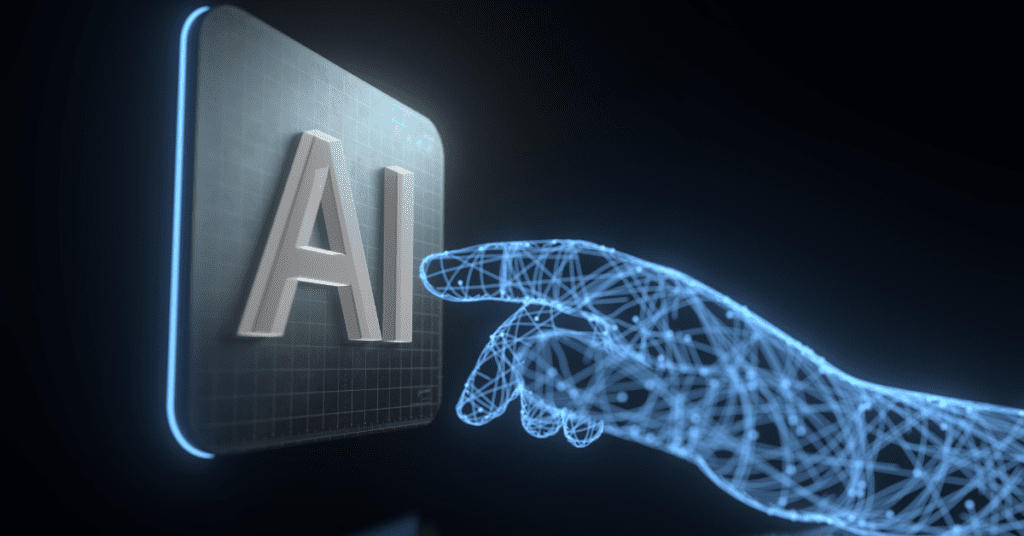Only a few weeks following its debut on November 30, OpenAI’s generative AI-based chatbot rapidly gained momentum. OpenAI, the organization responsible for ChatGPT, was anticipated to generate an impressive revenue of up to $1 billion in 2024.
This advanced large language model captivated users with its unique ability to craft poems, songs, and academic essays from simple prompts. Remarkably, it attracted 100 million users within just two months of its launch. This achievement set a new record, making it the quickest growing consumer application ever, surpassing the growth trajectories of major platforms like Facebook, which took four and a half years, and Twitter, which took five years to reach similar milestones.
At times, the responses given by the AI were incorrect, yet they were presented with a sense of certainty. This phenomenon of AI generating incorrect information became so prevalent that “hallucinate,” in the context of AI inaccuracies, was named Dictionary.com’s word of the year. This choice reflected the significant impact of the technology on society.
Despite these errors, the excitement surrounding the technology did not wane, nor did it diminish the deep concerns about its implications. In 2023, investors, with Microsoft leading the way through its multi-billion dollar investment in OpenAI, poured a staggering $27 billion into startups focused on generative AI, as reported by Pitchbook. The competition for dominance in the AI sector, which had been simmering among major tech companies, became a central theme. Giants like Alphabet, Meta, and Amazon.com each announced their own significant advancements, bringing the race for AI leadership into sharp relief.
In March, a significant movement emerged as thousands of scientists and AI specialists, with notable figures like Elon Musk among them, endorsed an open letter. This letter called for a temporary halt in the development of increasingly powerful AI systems to assess their effects on human society and potential risks. This initiative was reminiscent of the narrative in Christopher Nolan’s blockbuster, “Oppenheimer,” which delved into the life of the renowned creator of the atomic bomb. The film highlighted his cautionary stance on how unbridled advancements could potentially pose a threat to human existence.
Geoffrey Hinton, one of the pioneering figures in AI development and a former Alphabet employee, emphasized the critical nature of AI’s potential impact when he resigned in May. “This represents an existential threat,” he stated. “The urgency is such that we need to dedicate substantial effort and resources now to understand and mitigate possible risks.”
The Significance of This Development
PwC, a leading consulting firm, projects that by 2030, AI could contribute as much as $15.7 trillion to the global economy, an amount comparable to China’s GDP. This optimistic outlook for economic growth is driven by the widespread adoption of AI across various sectors, including finance, legal, manufacturing, and entertainment. These industries are increasingly integrating AI into their strategic plans.
As the AI era unfolds, the delineation of winners and losers is beginning to take shape, with indications that the benefits may align with socio-economic lines. Civil rights groups are voicing concerns about AI potentially perpetuating biases in areas like hiring processes. Meanwhile, labor unions are alerting to significant disruptions in employment, as AI technologies threaten to streamline or even replace jobs in fields such as software development and content creation.

Nvidia, a leading producer of graphics processors essential in the AI industry, has become a significant early beneficiary in the global race for AI dominance. The company’s market value skyrocketed, propelling it into the trillion-dollar league, a prestigious group that includes tech giants like Apple and Alphabet.
Towards the end of the year, a surprising development occurred within OpenAI. In November, the organization’s board dismissed CEO Sam Altman, citing a lack of transparency as the reason in a brief statement. This event sparked widespread debate over the future direction of AI development. On one side were proponents of rapid AI commercialization, like Altman, and on the other, those advocating for a more cautious approach.
Despite the controversy, optimism prevailed. Altman was reinstated just a few days later, largely due to the solidarity of OpenAI employees, who strongly opposed his dismissal. Altman’s return was seen as a victory for those who favored aggressive advancement in AI.
Altman later addressed the underlying tensions at a New York event in December. He acknowledged the immense responsibility and concerns surrounding the development of AI with potential to exceed human intelligence, suggesting that these worries were factors in the recent upheaval.
In the backdrop of these events, OpenAI researchers had been working on a highly confidential new AI model, known as Q* (pronounced Q-Star).
WHAT DOES IT MEAN FOR 2024?
The events surrounding OpenAI have sparked a crucial question: Will the future of AI and its impact on society continue to be shaped largely in private by a select group in Silicon Valley?
In response, regulatory bodies, particularly in the European Union, are gearing up to take a more prominent role in 2024. The EU AI Act, an ambitious regulatory framework, is set to establish comprehensive guidelines for AI technology. The specifics of this draft are expected to be unveiled in the upcoming weeks.
These impending regulations, along with similar initiatives in the U.K. and U.S., are particularly timely. The world is approaching a pivotal election year, heightening concerns about the potential misuse of AI in spreading misinformation among voters. In 2023, NewsGuard, an organization that rates the reliability of news and information websites, identified 614 dubious sites across 15 languages, from English to Arabic and Chinese, that used AI-generated content.
Regardless of its perceived benefits or drawbacks, it is clear that AI will play a significant role in the upcoming elections. This includes its use in the U.S. for tasks like campaign calling, indicating a growing influence of AI in political processes worldwide.
Source: Reuters

